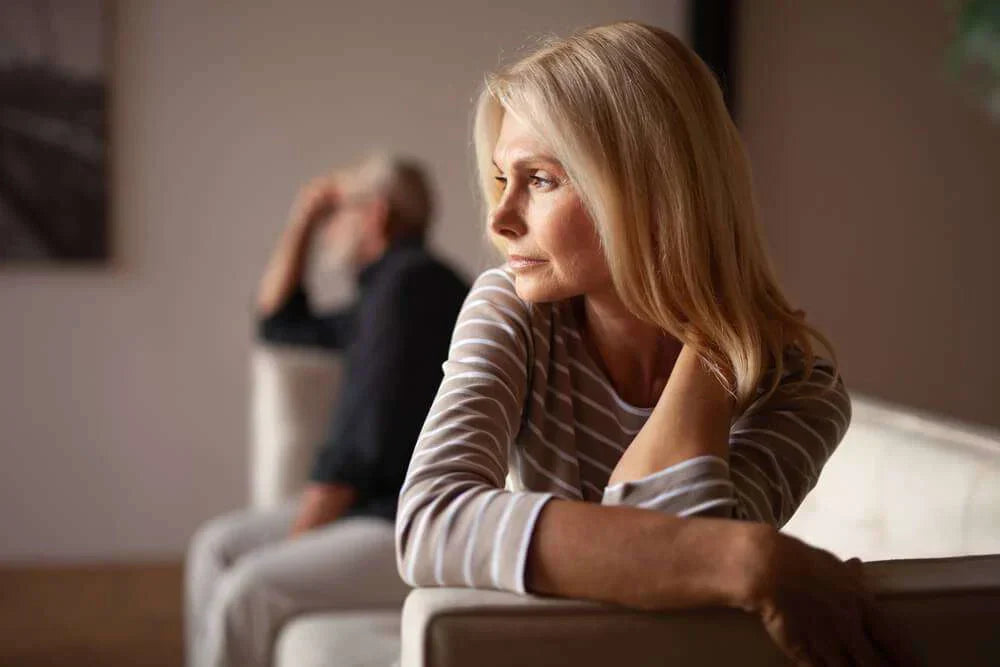Enjoy your sexual health during menopause with these tips
Author: Issviva Team
Reviewed by: Miranda Christophers
31 Oct 2022
4min. read
0

Menopause is a natural biological process that brings with it physical changes and symptoms that can be uncomfortable. However, this is not an excuse to stop enjoying your sexual health (1).
The main characteristic of menopause is hormonal changes, which are responsible for the physical symptoms of menopause (2). For example, during perimenopause hormone levels begin to fluctuate, with oestrogen and progesterone reaching very low levels at the time of menopause. Menopause has been reached when you have been free of menstruation for 12 months. Oestrogen and progesterone are produced in the ovaries and are linked to ovulation, the release of eggs, and the thickening of the uterine lining (3).
Some of the symptoms of decreased oestrogen and progesterone, hormones that regulate the menstrual cycle, are as follows:
But don't worry, it's still possible to enjoy your sexual life, have fun in your relationships and reach female orgasm without major problems. Keep reading, we'll tell you what to do.
The first thing you should do to improve your sex life is to adopt healthy lifestyle habits. Being physically active, getting enough sleep, eating a balanced diet and avoiding alcohol and tobacco will increase your sense of well-being. This will help raise your self-esteem, positively improving the quality of your sex life (4). In terms of diet, include more food containing calcium, vitamin D and soy, which is rich in oestrogen (2).
To maintain good sexual health, it is also important to have proper intimate hygiene as well as adequate hydration. This will help reduce irritation, inflammation, discomfort and pain during sexual intercourse. It’s also essential to seek medical if you experience any signs of infection, such as thrush, bacterial vaginosis (BV), or sexually transmitted infections (STIs). Early diagnosis and treatment can prevent complications and ensure ongoing sexual well-being.
Kegel exercises are one of the best ways to maintain intimate health and sexual function, which may increase confidence, pleasure, and desire. These pelvic floor exercises can help get more blood to the vagina and strengthen the muscles involved in orgasm. They can also help prevent urine leakage, which is common at this stage (5, 6).
Using moisturisers and lubricants (designed for intimate use) during sexual intercourse can help improve dryness and enjoyment of sex. Do not use lubricants that are not water-soluble, as they can weaken latex. In addition, these lubricants can cause bacterial infections (7, 8).
Talking to partners is one of the most important things you can do. Don't be shy about telling your partner about your changing needs or desires. You can also consult your doctor for more information. Remember that many of the symptoms of menopause can be easily treated.
Menopause is not a negative stage and should not be seen as such. It is a natural period that brings with it changes in the body. Identifying and treating these changes can enable you to enjoy and feel good about your sexual health.
References
Join us on our academy of wellness and insightful medical information tailored just for you.
Discover expert tips, resources, and community support. Let's empower ourselves together.
Join the discussion
Comments
No comments yet. Be the first to comment!